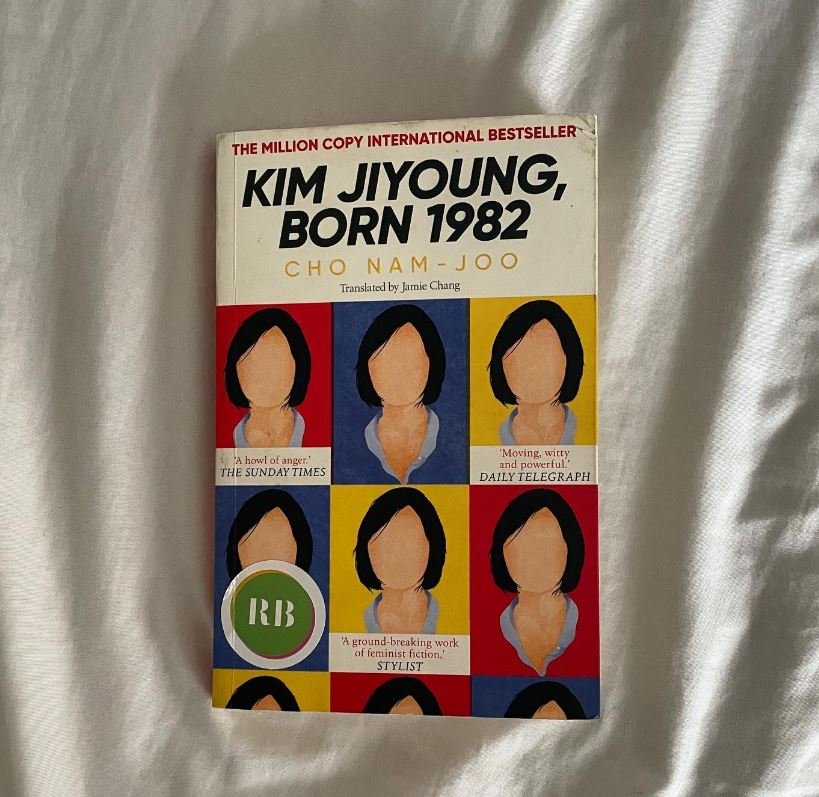Kim Jiyoung, Born 1982
Kim Jiyoung, Born 1982 by Cho Nam-Joo
Reviewed by @saranasreen
📕📕📕📕📕
I finished this book in one sitting (it is only 161 pages long). It started off strange and slow but from page 40 onward I was unable to put it to rest. I have to preface this review by saying that if you are looking for light-hearted, feel-good escapism, look elsewhere!
This novel begins with our main character (Kim Jiyoung) giving up her career to look after her new-born baby. But something is wrong, Kim Jiyoung has started acting strangely. From this point, the novel plots Kim Jiyoung’s experiences with institutional oppression as a daughter, sister, wife, and mother.
In the writing of this book, the author - Cho Nam-Joo – admits that ‘Kim Ji-young's life isn't much different from the one I have lived’ and I’m afraid that this is true for many women who have read, and will read, her novel. Although, Kim Jiyoung, Born 1982 tracks how one woman’s life is defined by gender discrimination in Korea, the events which trouble Kim Jiyoung are painfully applicable to women across the world; and throughout history.
Cho Nam-Joo’s merging of fact and fiction takes physical form in her use of footnotes. Although they are few and fleeting, the footnotes highlight real-life statistics of systemic misogyny in Korea. For some, this might not be enjoyable as it takes the reader out of the story, however, I think it is seamlessly done and adds a sense of reality to the fictitious prejudices the women of this novel face. Having said that, this book feels more like an extended essay with fictional characters than a novel - but the harrowing effect it produces makes it worthy of 5 stars.
From the disappointment felt by her family at her birth to her experiences with sexual harassment, Kim Jiyoung’s life becomes emblematic of universal female rage and suffering. This book made me angry and sad and yet it wasn’t too much of a burden to get through. If anything, as our main character loses her sense of reality, I was able to get a better grasp of how society has, for the most part, failed womankind.

